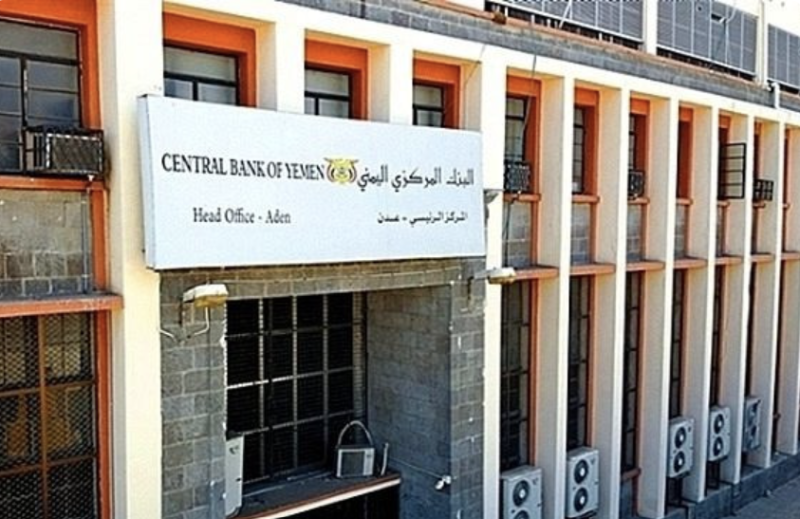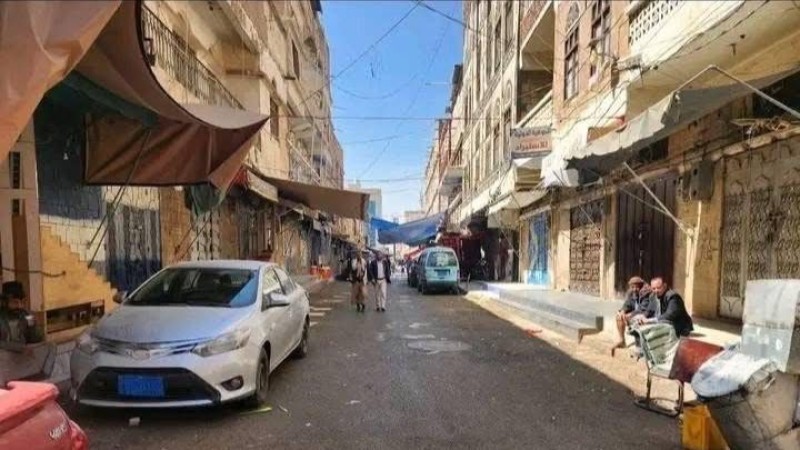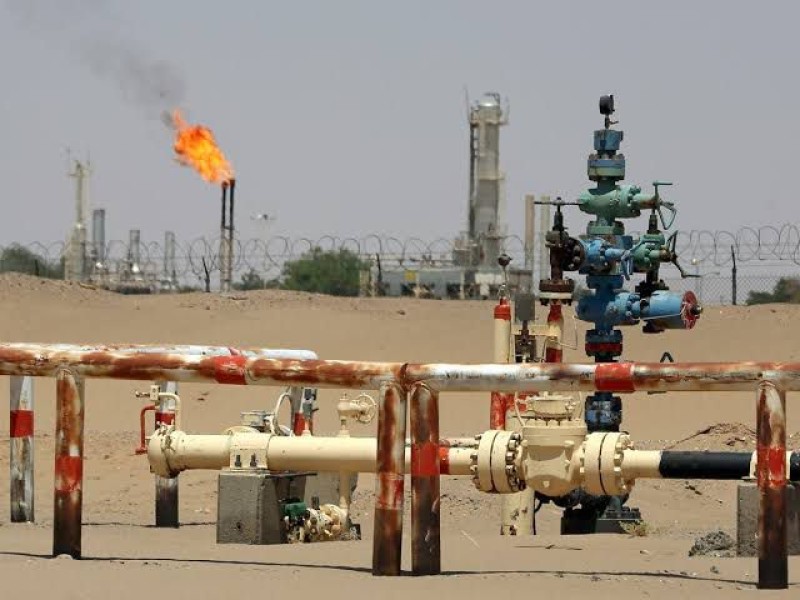UN :Concerns and hopes of Yemenis at heart of UN plans for better future


The conflict between the Government of Yemen and Ansar Allah has entered its sixth year and has had a devastating impact on the lives of Yemeni citizens. Fighting in the country worsened in 2015, when a Saudi-led coalition intervened militarily at the invitation of the internationally-recognized Government in an effort to drive the Houthis, officially known as Ansar Allah, out of the capital, Sana’a, and other areas, which they had seized in September 2014
The years of fighting have led to millions facing hunger and malnutrition, created the world’s worst humanitarian crisis. There have been hundreds of reported civilian deaths, and human rights abuses.
Mr. Griffiths leads the UN’s efforts on behalf of Secretary-General António Guterres, to broker a negotiated settlement to comprehensively end the war. And, although the warring sides are engaged in the mediation process, his attempts to bring about a sorely-needed ceasefire and much needed humanitarian and economic measures have become even more urgent, as the global health and economic crisis brought about by the COVID-19 pandemic threatens to worsen conditions for civilians caught up in the conflict.
Mr. Griffiths began the interview conducted over email, with an update on the progress of peace negotiations.
“The process started in March, when the UN Secretary General called on those fighting in Yemen to cease hostilities and focus on combating the threat of COVID-19 and to use this opportunity to reach a political solution. The Government of Yemen and Ansar Allah – as well as other Yemeni parties and civil society – welcomed the Secretary-General’s calls.
At the end of March, my Office shared with the Government of Yemen and Ansar Allah proposed draft agreements on a nationwide ceasefire; humanitarian and economic measures; and the urgent resumption of the political process aimed at comprehensively ending the conflict.
By early April, we had received initial feedback from both Parties. After considering the positions of both Parties, we shared with them a revised draft in mid-April to bridge their views. Several rounds of bilateral negotiations with both Parties have followed in the months since April. The process is ongoing to this day, and the text continues to be subject to substantive changes as long as it remains under negotiation.
The process has been long and challenging, especially as it is being conducted mainly in the virtual world. It is very difficult to negotiate such a sensitive agreement against the backdrop of the eroding trust between the Parties, especially with the continued military hostilities on all fronts.
It is my responsibility as a mediator to bridge the divide between the Parties’ positions, no matter how wide, until a mutually accepted compromise is reached that meets the aspirations of the Yemeni people. I will not give up on the pursuit of an end to the fighting, measures to alleviate the suffering of the people, and the resumption of peaceful dialogue aimed at ending the conflict. As long as the Parties remain engaged in the process, there is a chance for peace in Yemen.
The Joint Declaration is not in and of itself an end to the conflict. However, it would be an important step toward achieving an immediate nationwide ceasefire in Yemen, easing the suffering of Yemenis, and paving the way to peace talks aimed at comprehensively ending the conflict.
The ceasefire element of the Joint Declaration is long overdue. Since January, we have seen a renewed wave of military escalation in different parts of the country. Just two days ago, seven children and two women were killed following an airstrike in Hajjah. Yemenis are forced to deal with the dire consequences of this raging war while also struggling with a crumbling economy, and a devastating outbreak of Coronavirus.

Aden — The United States Ambassador to Yemen underscored the critical importance of safeguarding the independence of the Central Bank of Yeme…

Sana’a – A new international report has confirmed that Houthi militias continue to escalate economic measures against the commercial se…

Aden — For three decades prior to the outbreak of war, Yemen’s oil and natural gas sector played a decisive role in shaping the country…